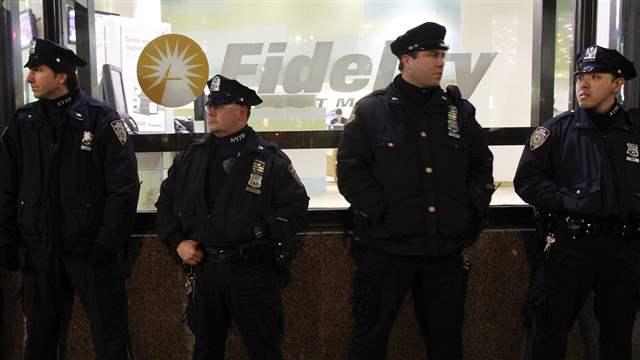Introduction
The U.S. Department of Labor (DoL) has generated lots of attention by proposing to impose a fiduciary duty standard on those who advise/sell IRA and other retirement products, in an effort to reduce conflicts of interest. Since, under the Employee Retirement Income Security Act (ERISA), DoL decides what “fiduciary duties” means and it hasn’t had much experience with the financial services industry, financial service firms are understandably nervous. DoL’s statements that it will be smart about its actions haven’t assuaged their fears that DoL will, intentionally or not, put some financial advisors and firms out of business.
I argued in Pensions & Investments that one way DoL might provide concrete evidence of sound judgment on fiduciary matters would be to repeal some of the mistakes of the past. One obvious candidate would be to correct its 2008 overregulation of investment professionals who direct investments of traditional ERISA defined benefit pension plans.
Such plans invest more than $3 trillion. For most of the past 40 years, DoL recognized that pension professionals have well-established and high standards, and refrained from trying to tell those professionals what investments to make or not make, or how to act as the major institutional shareholders they are.
In 2008, however, under political pressure from some parts of the business community to discourage shareholder activism, DoL reversed course. Under the new “guidance,” DoL told ERISA investors that they shouldn’t exercise their rights as shareholders unless they first do a cost-benefit analysis showing that voting would have a net positive return – a showing that is virtually impossible to make a priori. At the same time, DoL imposed similar procedural requirements to prevent ERISA investors from making targeted investments or taking into consideration environmental, social, or business governance factors that might help their local communities. DoL imposed these requirements in the waning days of an administration, with no prior discussion or public comment.
In recent years, some institutional investors have urged DoL to undo this interference in professional investing and let pension plans and professionals use own their best judgment. If DoL does so, it would be a sign that they’re keeping politics out of pension regulation and recognizing that ERISA pension funds can and should be recognized for the professional organizations they are. That sensitivity to existing professional standards could bode well for a thoughtful, practical result in the IRA rulemaking, too.



